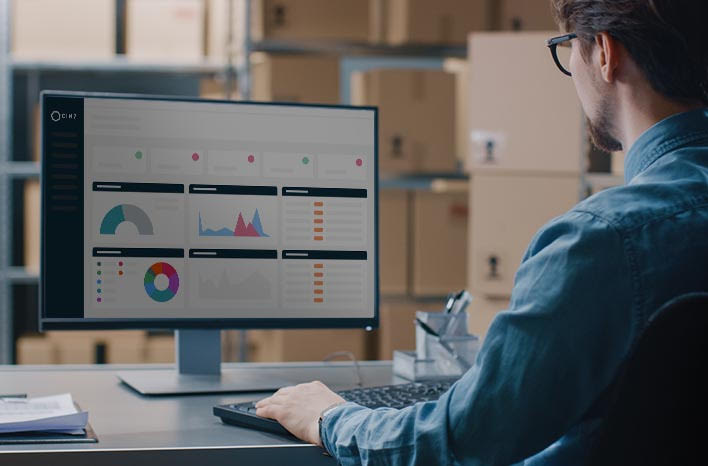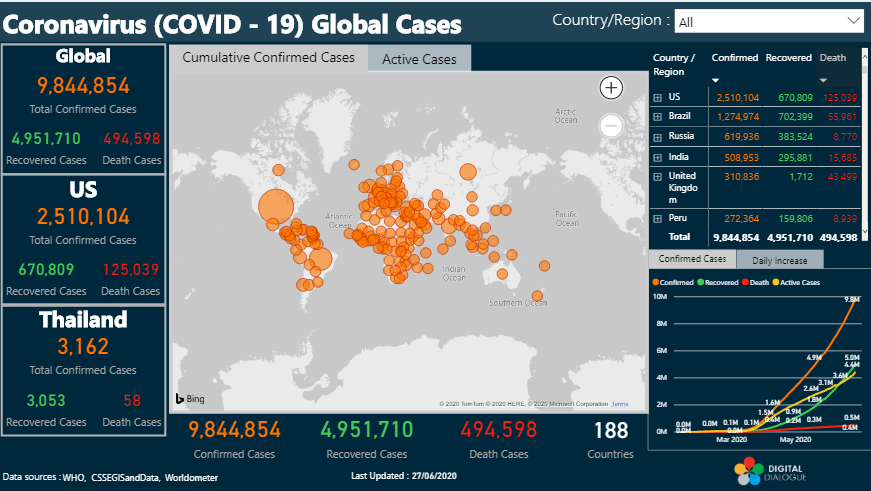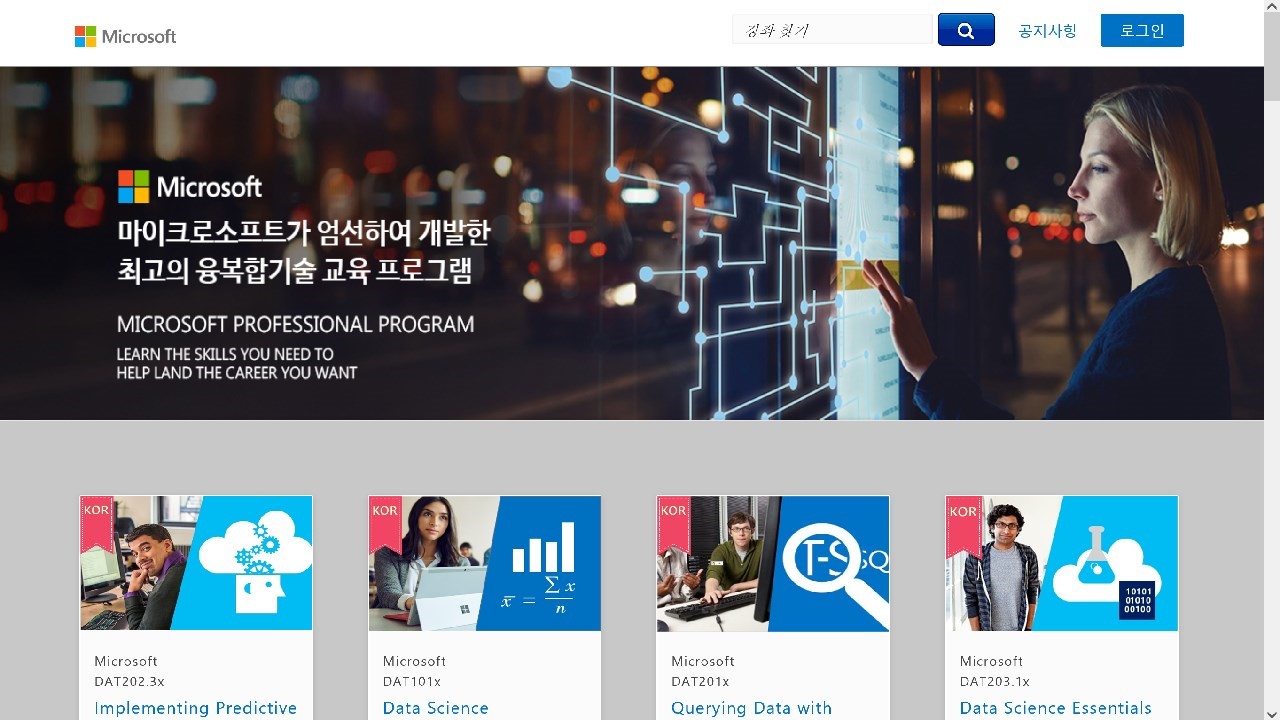
By Pratima Amonkar, APAC Head – Cloud Solution Partners, Microsoft
Around 500 million apps are expected to be built around the world over the next five years, which would be more than all the apps built over the last 40 years, according to Microsoft CEO Satya Nadella.
In Asia Pacific, Independent software vendors (ISVs) are responsible for a large majority of software applications built on third-party platforms. They are the biggest catalysts for growth in cloud adoption in the region.
From student startups to established IT solution-providers, ISVs come in all sizes, but they are united by a common goal: to drive digital transformation through innovative tech solutions.
I’m proud to see how so many ISVs in Asia Pacific have created unique and crucial digital solutions as countries and organizations grapple with the pandemic. Whether it assists healthcare workers and governments to make informed decisions or enables business continuity and remote everything, each solution is built with the customers’ needs at heart. From pneumonia detection tools to platforms supporting remote learning, these ISV solutions lead the charge in our response to COVID-19.
Digital-first responders supporting frontline workers during the coronavirus pandemic
The pandemic has strained healthcare providers around the world with massive demands for tests, diagnosis, and treatment.
In South Korea, Lunit developed INIGHT CXR, an artificial intelligence (AI) software built on Azure, which supports radiologists in interpreting chest x-ray readings to instantly detect and diagnose COVID-19 infections. The tool has been deployed in Daegu, the province hit hardest by the virus. Halfway across the world, Lunit INSIGHT CXR has also been installed at PreventSenior, one of Brazil’s largest hospital networks.
Besides healthcare professionals, government officials are also on the frontlines in our fight against the pandemic. Digital Dialogue has worked with Thailand’s government to build a live dashboard of the evolving global situation, leveraging Azure, and Power BI. Having this data readily available has equipped the government with pertinent information required to make informed decisions for their citizens.
A screenshot of the dashboard by Digital Dialogue for the Thai government
Remote learning and digital skilling for an inclusive future
The new normal has also brought about a slew of changes in how we learn, work, and live. With health and safety measures in place by governments across Asia Pacific, schools and universities have quickly moved lessons online, so students continue to receive the education they deserve.
Guru.lk swiftly increased the sever capacity of its educational content platform Headstart by more than four times to meet the demand for a home-based learning application in Sri Lanka. Built on Azure, Headstart is now the country’s largest e-learning ecosystem with more than 600,000 registered users, 5,700 lessons, and 150 content partners. To ensure that more students have access to quality educational content, the ISV further partnered local telco, Dialog, to offer a 30-day free trial for access to their app.
ISVs have also played a part in equipping students with the digital skills required to thrive in future economies. In South Korea, Squarenet partnered with 15 universities, providing them access to the Microsoft Professional Program Education Platform, which hosts various technical training courses, including the fundamentals of software, data science, artificial intelligence, big data, and cybersecurity.
A screenshot of the Microsoft Professional Program by Squarenet
Similarly, in the Philippines, CloudSwyft launched its Hands-on Learning Labs platform that leverages Microsoft Teams. This interactive and collaborative virtual classroom solution was specially designed for high school and university students looking to acquire specific digital skillsets.
#RemoteEverything and employee engagement
In an era of remote work, employee engagement and productivity are key. Malaysian Software-as-a-Service (SaaS) platform SelfDrvn, built in gamification and behavioral analytics into its full suite of Microsoft Teams integrated products. The collaborative platform can align, track, and motivate teams towards their daily goals as well as trigger rewards like food deliveries and shopping vouchers.
 Microsoft Teams integrated application like SelfDrvn to improve employee productivity amidst remote work. Credit: SelfDrvn
Microsoft Teams integrated application like SelfDrvn to improve employee productivity amidst remote work. Credit: SelfDrvn
On improving productivity, Singaporean ISV X0PA recognized the difficulties in hiring during the pandemic and developed a tool on Azure to streamline the time-consuming process by leveraging predictive AI capabilities. Fit scores and descriptive metrics would be allocated based on a candidate’s resume and interview responses to identify better those who possess the right aptitude for the role and embody similar values as the organization for a good culture fit.
Transforming industries and supply chains
Social distancing measures and telecommuting arrangements have also impacted entire industries. Innovative solutions by ISVs have enabled businesses to respond effectively to challenges in supplier communications and meet the demand for essential goods, such as groceries and healthcare products.
In Sri Lanka, the weekly Colombo Tea Auction was halted due to health guidelines as the pandemic hit the country. With a looming economic shock, industry leaders worked with CICRA Solutions to develop a cloud-based virtual e-auction system for the whole auction process. Launched in less than a week, the Azure-based system digitally transformed the 150-year-old tea industry while protecting the livelihoods of almost two million people in the country.
Similarly, regulations in Vietnam meant that retailers had to shift their businesses online. DiCentral, a Vietnamese ISV, created an Azure-based Electronic Data Interchange (EDI) solution to enable supply chain partners to integrate back-end systems as they scale their online businesses. The data exchange between suppliers and logistic providers automated document flow, order fulfillment, store inventory, and replenishment signals while complying with strict shipment data exchanges.
While some businesses set up their own online channels, others sought to leverage large retailers. In New Zealand, Cin7’s Azure-based inventory software automated and connected whole supply chains for small to medium businesses (SMBs) looking to sell their products through retailers such as Walmart and Amazon. This enabled the SMBs to get their stock to where they are needed faster, more efficiently, and at lower costs. In response to the COVID-19 outbreak, Cin7 further upgraded its system to identify safe zones for warehouse pickers to work individually and organize stock.
 Inventory solutions company Cin7 provides Azure-based software to support SMBs selling products through large retailers.
Inventory solutions company Cin7 provides Azure-based software to support SMBs selling products through large retailers.
Empowering everyone
And this is why I love my job. I’m so amazed at how ISVs are tackling challenges that we face in everyday healthcare with the power of Microsoft technology. For example, Fortude, the first Sri Lankan grant recipient of Microsoft’s AI for Accessibility program, is working on a Dysphagia identification app to identify swallowing difficulties in infants and children, built on Microsoft Cognitive Services and AI. In New Zealand, Volpara Solutions harnesses Azure AI to aid in detecting breast cancer, empowering radiologists to deliver an overall better prognosis.
As we continue to strengthen and build our partner network with ISVs, I am excited by the opportunities we have to innovate with heart, creating solutions that solve critical human challenges while empowering every person to achieve more.
TOP IMAGE: A medical worker in Daegu, South Korea, examines a patient’s chest x-ray with Lunit INSIGHT CXR. Credit: Lunit







